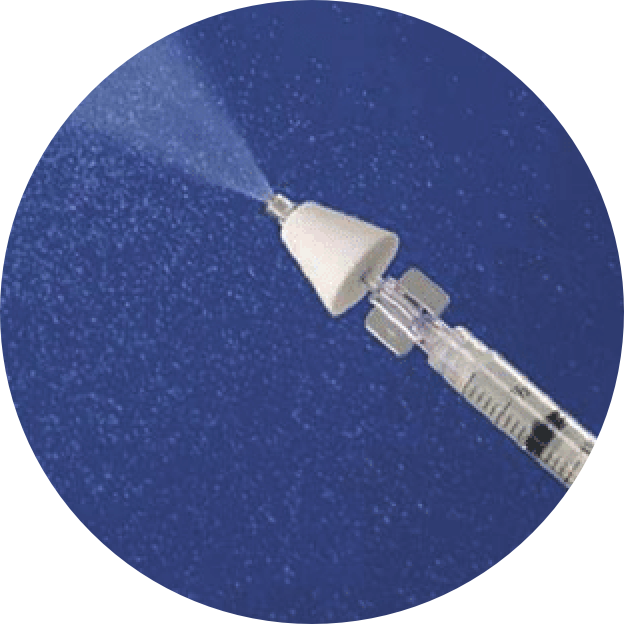Results?
Exactly 100 patients were enrolled. Block pain was less in the group that got IN ketamine 28mm vs. 47mm (P less than 0.001) on the VAS. Side effects were reported to be “trivial.” This pain reduction persisted at the 45-minute mark at 21mm vs 43mm (P less than 0.001).
The authors conclude, “… IN Ketamine can be effective in reducing pain in patients with acute pain, without adding significant side effects.”
I doubt that many of us would consider giving ketamine prior to a digital nerve block. It does seem rather excessive and puts the patient at risk of side effects. (Reminds me of propofol for migraine) Perhaps we might consider inhaled nitrous oxide or intranasal fentanyl?
Unfortunately, there are a few problems and red flags with this study.
- The final study methods differ quite substantially from those listed in the trial registry found here. The primary outcome was different, no power calculation, measuring tool different, etc.
- Intranasal ketamine burns and tastes bad. This could have unmasked blinding resulting in measurement bias.
- Data was collected in 2014. Why did it take 5 years to get published? I’m guessing it was rejected for publication from numerous journals.
- In the manuscript, there are numerous grammatical and spelling errors. What does a sloppy manuscript say about the conduct of the study?
- Why did patients continue to report substantial pain after the nerve block? Most of these blocks should have been successful at complete analgesia.
- Side effects were likely under-reported
Regardless of this study's conduct or limitations, I’m not a big fan of intranasal ketamine. Not great bang-for-buck and an undesirable side effect profile. In addition, we have experience with other drugs that are more efficacious.
Covering
Nejati A, Jalili M, Abbasi S, et al. Intranasal ketamine reduces pain of digital nerve block; a double blind randomized clinical trial. Am J Emer Med. 2019;27:1622-1626.
| Dr Brian Doyle is an emergency physician originally from the United States but now very much calls Tasmania his home. Unfortunately, it will now be a bit more difficult to deport him from the country as he passed his Australian citizenship test a few years ago. (He was able to answer that Phar Lap won the Melbourne rather than the Davis Cup). His main interests are mostly the clinical aspects of emergency medicine but also in education, ultrasound and critical appraisal of the literature. He spends much of his time annoying people to help out with conferences. |



 RSS Feed
RSS Feed
